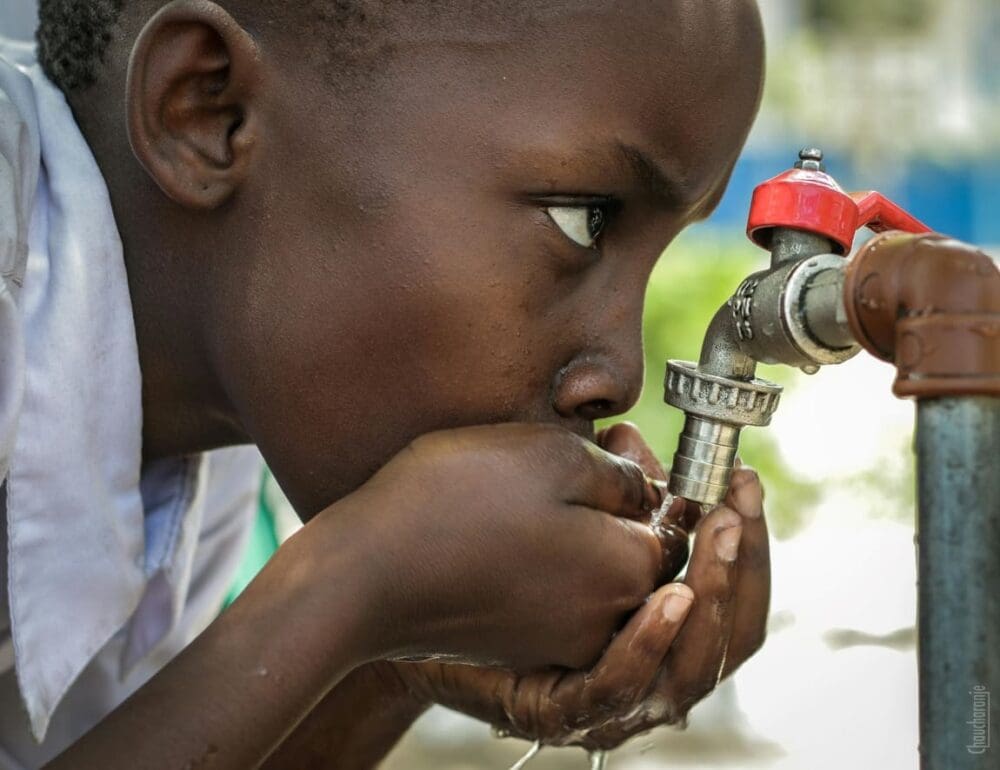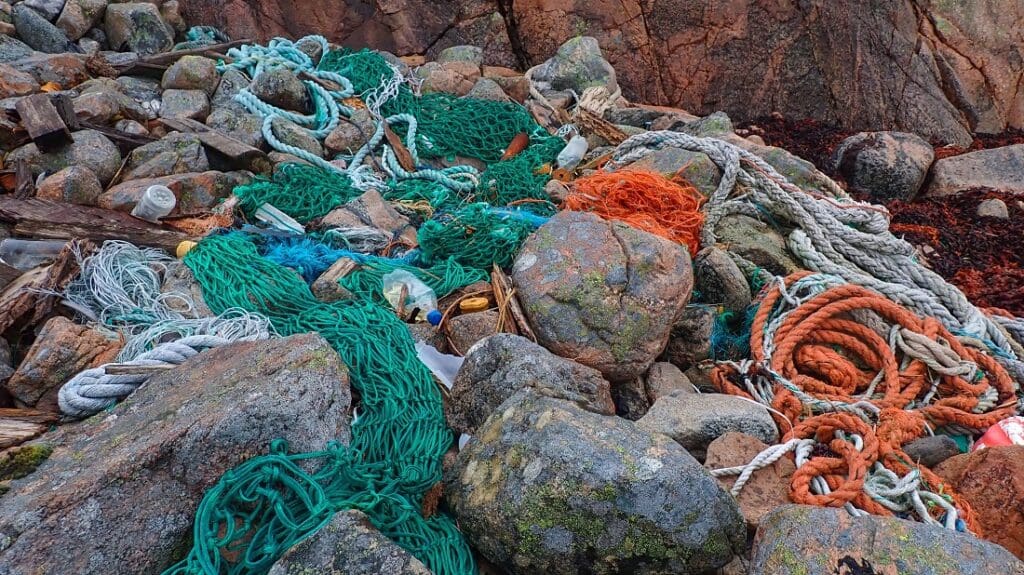Water scarcity will intensify with climate and socioeconomic change, disproportionately impacting populations located in the Global South. So concludes a new Utrecht University article published in Nature Climate Change on 23 May 2024, which used a state-of-the-art global water quantity and quality model to estimate clean water scarcity until the end of the century.
Humans require clean water for drinking and sanitation purposes, but also for the production of food, energy and manufactured goods. As communities and policymakers grapple with water scarcity issues on the ground, researchers at Utrecht University aim to shed light on the escalating global clean water crisis.
“By the end of the century, the lack of clean water may be as high as 66%,” Dr. Edward Jones says.
Current and future water scarcity
Using simulations from a state-of-the-art water quantity and quality model, the authors assess present-day and future global water scarcity. “Climate change and socioeconomic developments have multi-faceted impacts on the availability and quality of, and demands for, water resources in the future,” says lead author Dr. Edward Jones. “Changes in these three aspects are crucial for evaluating future water scarcity.”
The study estimates that 55% of the global population currently lives in areas that experience a lack of clean water in at least one month per year. “By the end of the century, this may be as high as 66%,” remarks Jones.
Strong regional differences in future water scarcity
While global water scarcity is projected to intensify in the future, both the changes and impacts will not occur equally across all world regions. Future increases in water scarcity in Western Europe and North America, for example, are concentrated in just a few months of the year — predominantly driven by water quantity aspects. Conversely, water scarcity increases in developing countries are typically more widespread in space and persist for a larger portion of the year.
Jones remarks, “Increases in future exposure are largest in the Global South. These are typically driven by a combination of rapid population and economic growth, climate change and deteriorating water quality.”
Quality: the invisible part of water scarcity
Water quality — despite being crucial for safe water use — remains an under-represented component of water scarcity assessments. “Previous assessments still predominantly focus on water quantity aspects only,” explains Jones. “Yet, the safe use of water also depends on the quality.”
Therefore, a key aim of this study was also to normalise the inclusion of water quality in water scarcity assessments — and in the design of management strategies for alleviating water scarcity.
Jones concludes, “The lack of clean water presents a systemic risk to both humans and ecosystems, which is becoming increasingly difficult to ignore. Our work highlights that, alongside substantially reducing our water demands, we must place an equally strong focus on eliminating water pollution in order to turn the tide on the global water crisis.”
More information: Edward R. Jones, Marc F. P. Bierkens, Michelle T. H. van Vliet, ‘Current and future global water scarcity intensifies when accounting for surface water quality’, Nature Climate Change (2024); DOI: 10.1038/s41558-024-02007-0. Utrecht University – Press Release; Featured image credit: Dii Nyau | Pexels




